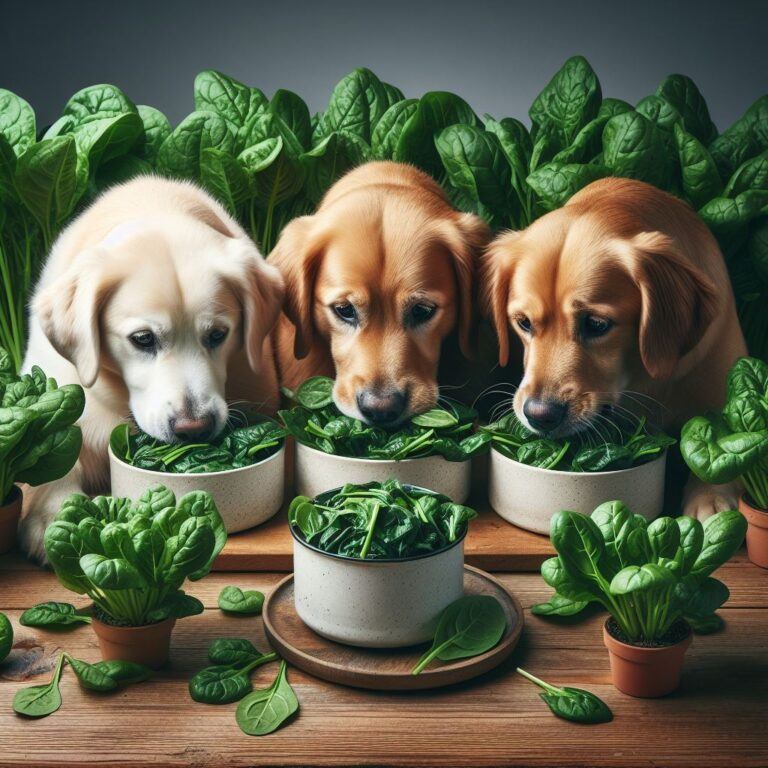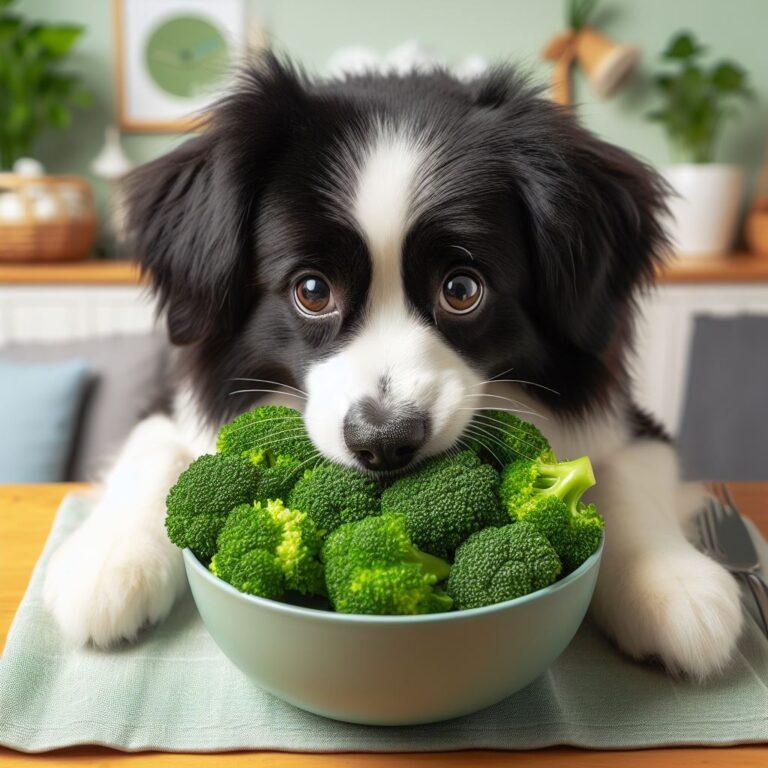Can Dogs Safely Eat Carrots
Yes, dogs can indeed enjoy the crisp and vibrant taste of carrots. They are full of essential minerals and vitamins and incorporating this vegetable into their diet can offer numerous health benefits.
Here, we will explore the nutritional advantages of carrots for dogs, address potential risks, and provide best practices to ensure safe and enjoyable consumption.
Nutritional Benefits of Carrots for Dogs
Carrots are more than just a tasty treat for dogs; they are a nutritional powerhouse. One of the key components that make carrots beneficial for canine health is beta-carotene, a precursor to vitamin A.
This nutrient plays a crucial role in maintaining healthy skin, a shiny coat, and optimal vision. Including carrots in your dog’s diet can contribute to their overall well-being and appearance.
Beyond beta-carotene, carrots are rich in essential vitamins and minerals. Vitamin K, vitamin C, potassium, and various antioxidants are present in carrots, offering a diverse range of health benefits.
Vitamin K, for instance, supports blood clotting and bone health, while vitamin C acts as an antioxidant, helping to combat free radicals in the body.
The natural crunchiness of carrots serves a dual purpose. Not only does it make for an enjoyable snack, but it also functions as a natural dental cleaner. Chewing on carrots can help reduce plaque and tartar buildup, promoting good oral hygiene in dogs.
Moderation and Best Serving Practices
While carrots bring a multitude of benefits, it’s essential to exercise moderation. The natural sugars and fiber content in carrots can lead to digestive upset if consumed excessively.
When introducing carrots into your dog’s diet, start gradually to allow their digestive system to adjust.
Concerns about choking or intestinal blockages should be kept in mind. To mitigate these risks, opt for smaller, bite-sized pieces rather than whole carrots, especially for smaller dog breeds.
Monitoring your dog’s response to this new addition is crucial; signs of discomfort or digestive issues may indicate a need to adjust the quantity.
The proper preparation and serving of carrots play a significant role in ensuring your dog reaps the benefits without encountering any issues. Here are some best practices to follow:
1. Fresh and Raw: Fresh, raw carrots provide the maximum nutritional value. Ensure they are clean, and consider peeling to remove any dirt or potential pesticides. The natural crunchiness is preserved in raw carrots, offering a satisfying chewing experience for your dog.
2. Bite-sized Pieces: To reduce the risk of choking, cut carrots into small, manageable pieces. This is especially important for smaller dog breeds or those with a tendency to gulp down their food.
3. Alternative Preparations: If your dog is hesitant to try raw carrots, consider alternative preparations. Lightly steaming or boiling carrots can make them more palatable without sacrificing nutritional content. Avoid adding any seasonings or spices, especially onions and garlic as these are harmful to dogs.
4. Monitoring and Adjustment: Observe your dog’s reaction to carrot introduction. If they display signs of digestive discomfort or allergies, it may be necessary to adjust the quantity or consider an alternative treat like cooked beef, chicken or turkey.
The Versatility of Carrots in a Dog’s Diet
Carrots offer versatility in how they can be integrated into your dog’s diet. Besides being served as standalone treats, carrots can be incorporated into homemade dog treats or used as a topping for their regular meals.
Some dog owners even freeze carrot slices for a refreshing and crunchy summertime snack.
For dogs that struggle with weight management, carrots can be a low-calorie alternative to traditional treats. The satisfying crunch and sweet taste make them appealing to many dogs, providing a guilt-free option for rewarding good behavior.
The question of whether dogs can safely eat carrots is met with a resounding yes, considering the myriad health benefits this vegetable brings.
From promoting healthy skin and vision to acting as a natural dental cleaner, carrots can be a valuable addition to your dog’s diet when approached with care and moderation.
Remember, individual dogs may have different tolerances, so it’s crucial to tailor their diet based on their specific needs and reactions.
As always, consulting with your veterinarian before introducing significant changes to your dog’s diet is a prudent step, ensuring that you make decisions aligned with your dog’s unique health profile.
So, the next time you reach for a bag of fresh carrots, consider sharing a small, well-prepared piece with your canine companion, enriching their diet and enhancing their health.







